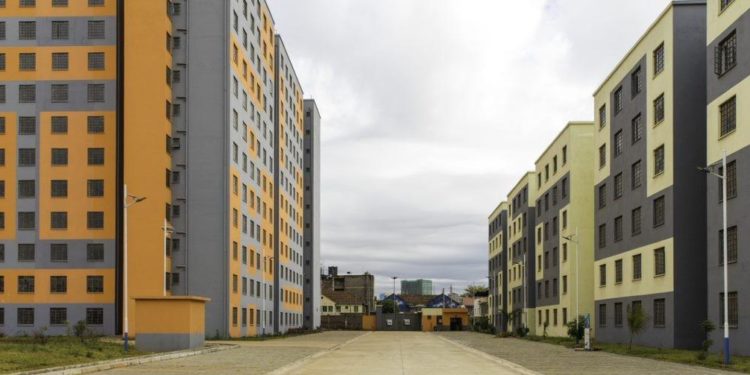The High Court has upheld the controversial Housing Levy, a key feature of the Affordable Housing Act 2024, dealing a blow to six consolidated petitions challenging the legality of the levy. A three-judge bench, comprising Justices Ogla Sewe, John Chigiti, and Josephine Mong’are, delivered the judgment, ruling in favor of the state on all counts.
The petitioners had argued that the 1.5% levy on gross income, which is matched by employers, was unconstitutional, lacked public participation, and was discriminatory, particularly against non-salaried Kenyans. However, the court dismissed these claims, stating that the levy was constitutionally sound and that the government had followed due process.
The bench determined that the enactment of the Affordable Housing Act 2024 had met the threshold for public participation, with the court noting that there was a sufficient effort to involve and consider the public’s views. Justice Sewe, delivering the lead opinion, said, “The court is satisfied that there was adequate public participation ahead of the enactment of the Act.”
On claims of discrimination, the court ruled that the Housing Levy was applied fairly across different categories of income earners, including non-salaried individuals. The justices found that the Act’s provisions ensured that all working Kenyans contributed to the fund, regardless of whether they receive a payslip.
Further, the court rejected the petitioners’ argument that Section 4 of the Act, which mandates the 1.5% levy, was unconstitutional. The bench asserted that Parliament has the exclusive power to design, structure, and administer taxation, a power that it exercised appropriately in the context of the Affordable Housing Levy.
This decision paves the way for the government to fully implement the Affordable Housing Levy, which is expected to fund ambitious housing projects aimed at addressing the country’s housing shortage.
















